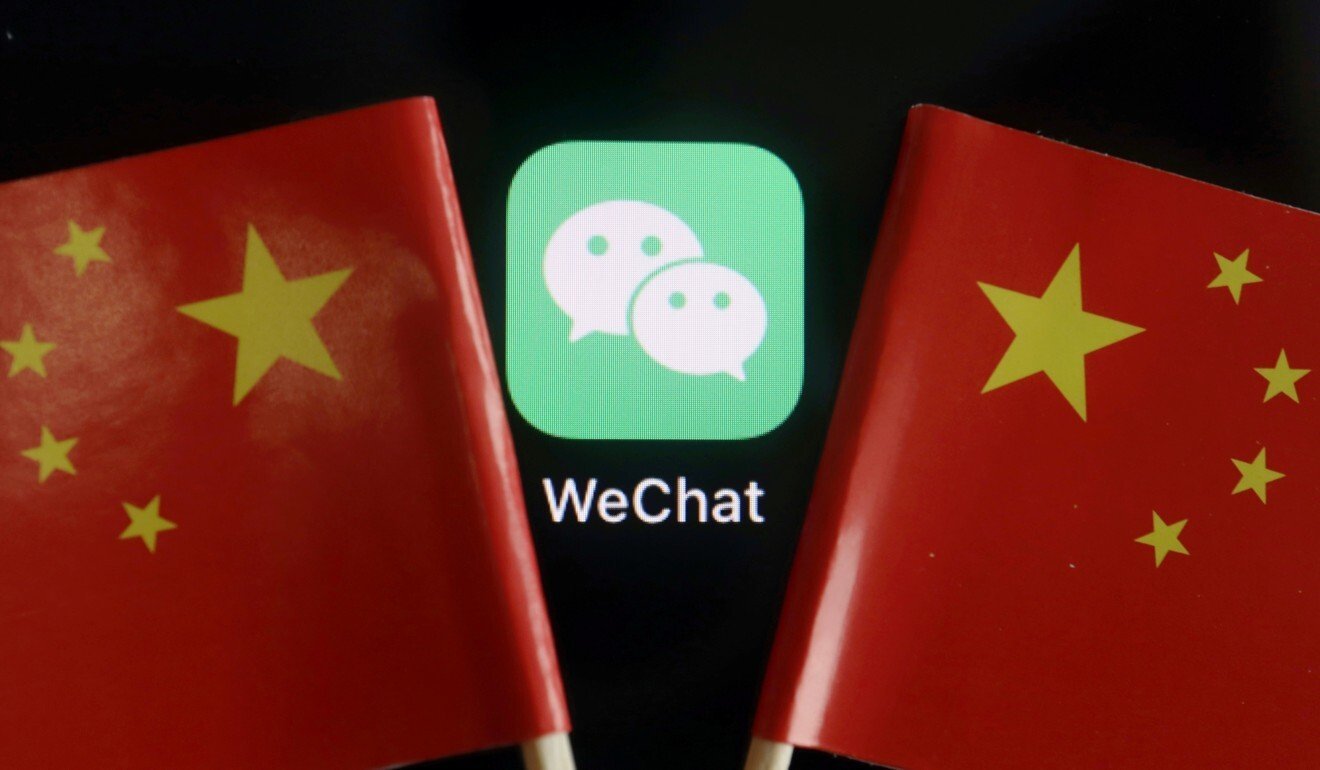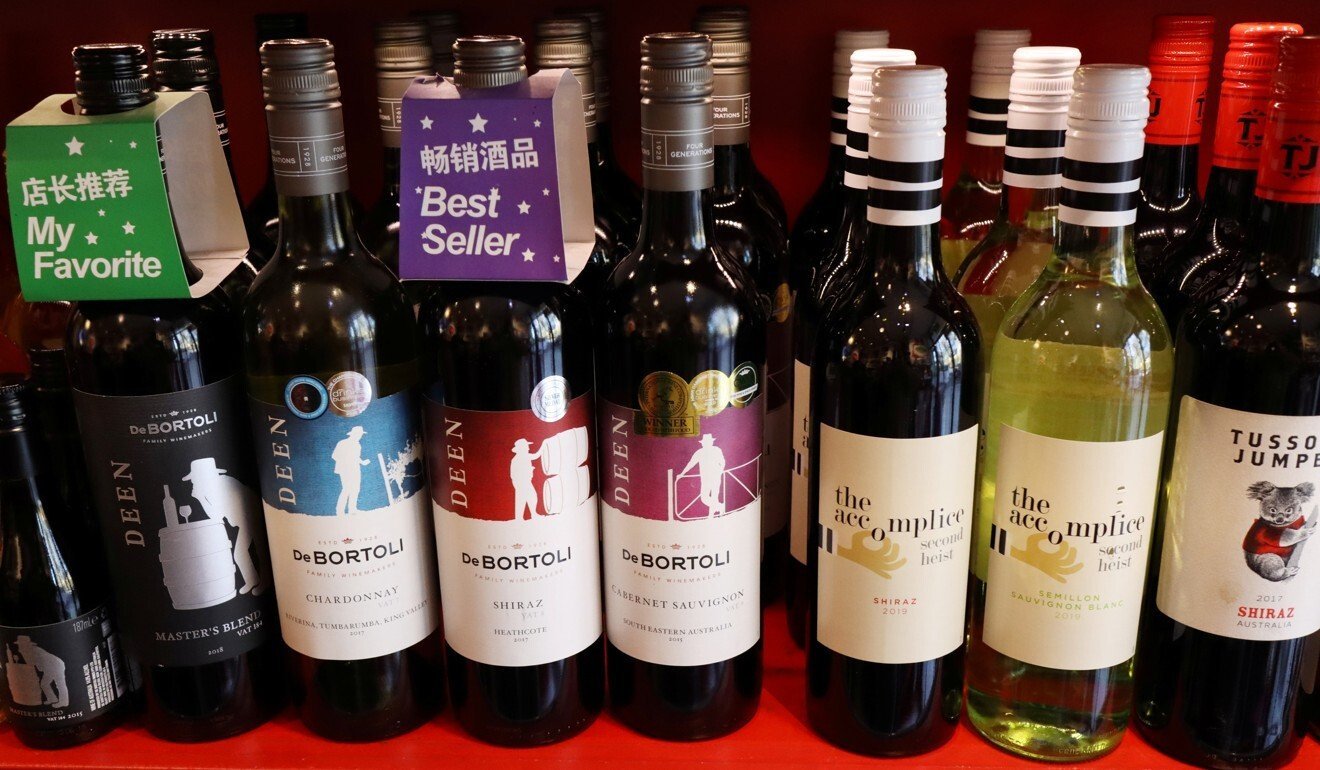Scott Morrison criticised the ‘false image’ posted on Twitter by a Chinese official and defended Australia’s handling of a war crimes investigation.
The Chinese social media platform WeChat has blocked a message by Australia ’s Prime Minister Scott Morrison amid a dispute between Canberra and Beijing over the doctored tweeted image of an Australian soldier.
China has rebuffed Morrison’s calls for an apology after its foreign ministry spokesman Zhao Lijian posted the digitally manipulated image of an Australian soldier holding a bloodied knife to the throat of an Afghan child on Monday.
China’s embassy said the “rage and roar” from Australian politicians and media over the image was an overreaction.
Morrison took to WeChat on Tuesday to criticise the “false image”, while offering praise to Australia’s Chinese community.
In his message, Morrison defended Australia’s handling of a war crimes investigation into the actions of special forces in Afghanistan, and said Australia is able to deal with “thorny issues” like this in a transparent manner.
But that message appeared to be blocked by Wednesday evening, with a note appearing from the “Weixin Official Accounts Platform Operation Center” saying the content was unable to be viewed because it violated regulations, including distorting historical events and confusing the public.
Tencent, the parent company of WeChat, did not immediately respond to a request for comment.
Australian special forces allegedly killed 39 unarmed prisoners and civilians in Afghanistan, with senior commandos reportedly forcing junior soldiers to kill defenceless captives to “blood” them for combat, a four-year investigation found.
Australia said last week that 19 current and former soldiers would be referred for potential criminal prosecution for the killings.

Australia was seeking to “deflect public attention from the horrible atrocities by certain Australian soldiers”, it said.
Other nations, including the United States, New Zealand and France – and the self-ruled island of Taiwan which China claims as its own – have expressed concern at the Chinese foreign ministry’s use of the manipulated image on an official Twitter account.
“The CCP’s latest attack on Australia is another example of its unchecked use of disinformation and coercive diplomacy. Its hypocrisy is obvious to all,” the US State Department said on Wednesday, referring to the Chinese Communist Party.
WeChat told an Australian government inquiry in October it had 690,000 active daily users in Australia. Morrison’s message had been read by 50,000 WeChat users by Wednesday morning.
Zhao’s tweet, pinned to the top of his Twitter account, had been “liked” by 54,000 followers, after Twitter labelled it as sensitive content but declined the Australian government’s request to remove the image.
Twitter is blocked in China, but has been increasingly used by Chinese diplomats who have adopted combative “Wolf Warrior diplomacy” tactics this year.
China on Friday imposed dumping tariffs of up to 200 per cent on Australian wine imports, effectively shutting off the largest export market for the Australian wine industry, amid a worsening diplomatic dispute that has seen a serious of trade reprisals imposed by China.
In response, supporters including Taiwan and the United States have pledged to buy Australian wine, to lessen the impact of the trade sanctions.
“We stand in solidarity with #Australia by serving #FreedomWine,” Taiwan’s ministry of foreign affairs said in a tweet.
In Washington, the National Security Council said: “Australian wine will be featured at a White House holiday reception this week”.
It added: “Pity vino lovers in China who, due to Beijing’s coercive tariffs on Aussie vintners, will miss out. #AussieAussieAussieOiOiOi!”
Australian winemakers said the latest tariffs would likely mean the lucrative Chinese market would dry up.

Treasury Wine Estates – which produces the popular high-end Penfolds brand – said it would look to other “key luxury growth markets” and cut costs as sales accounting for 30 per cent of earnings fall away.
Members of the Inter-parliamentary Alliance on China, a global bloc of lawmakers from 19 democratic nations, said they would help, with several pledging to switch their New Zealand pinot noir, Norwegian aquavit or Japanese sake for an Aussie tipple.
In Hong Kong, #SolidaritywithAustralia trended on Twitter and the city’s exiled democracy activist Nathan Law said: “I don’t really drink, but I guess I am moved to buy a bottle of Australian wine”.















